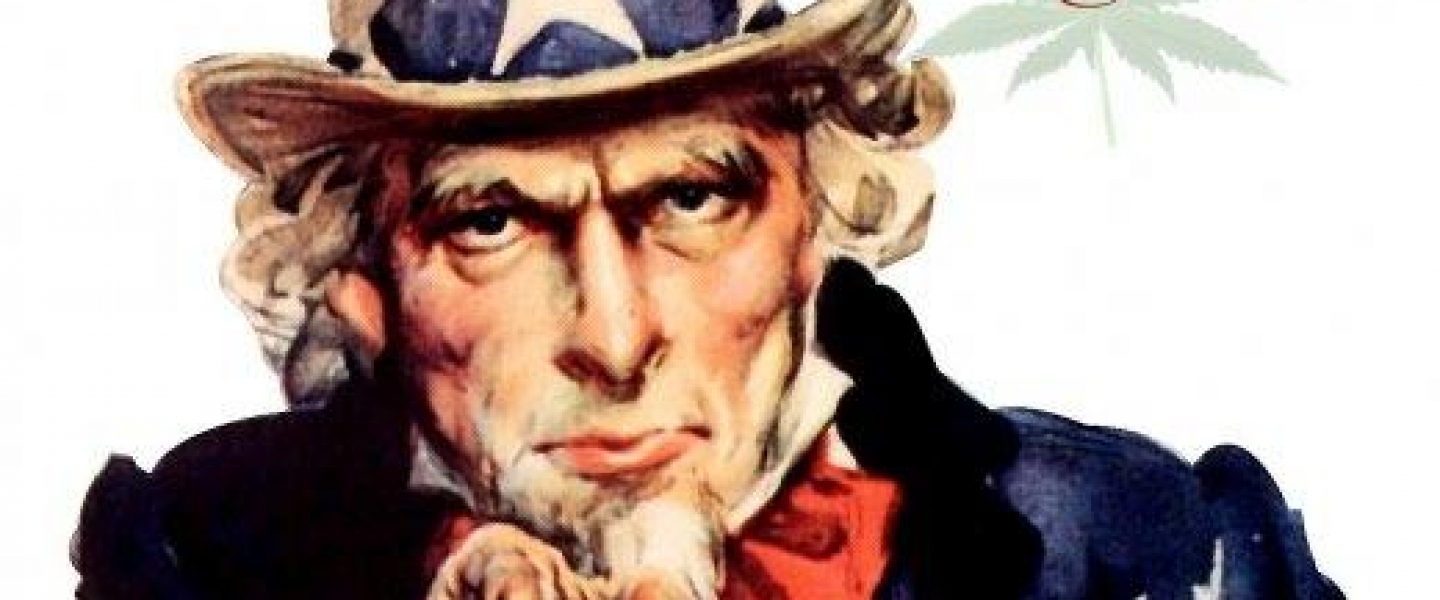 The U.S. Department of Justice’s announcement last week that it intends – for now – to take a mostly hands-off approach to the new marijuana legalization laws in Colorado and Washington generated many headlines and much excitement as advocates plan campaigns to reform laws in even more states in 2014 and 2016. But so far few observers seem to be talking about how the Obama administration’s strategic retreat in the “war on drugs” will impact efforts to end prohibition in other countries across the globe.
The U.S. Department of Justice’s announcement last week that it intends – for now – to take a mostly hands-off approach to the new marijuana legalization laws in Colorado and Washington generated many headlines and much excitement as advocates plan campaigns to reform laws in even more states in 2014 and 2016. But so far few observers seem to be talking about how the Obama administration’s strategic retreat in the “war on drugs” will impact efforts to end prohibition in other countries across the globe.
Historically the United States has been eager to play the role of biggest global drug war cheerleader, often stepping in and applying pressure when world leaders or legislatures start making moves to modernize their drug policies.
Last year, for example, President Obama issued a cold response to the growing call by Latin American leaders for a new direction in drug policy:
“Legalization is not the answer,” Obama told other hemispheric leaders at the two-day Summit of the Americas.
“The capacity of a large-scale drug trade to dominate certain countries if they were allowed to operate legally without any constraint could be just as corrupting, if not more corrupting, than the status quo,” he said.
And during a trip to Honduras, Vice President Joe Biden said, “In every country that has experimented with the legalization or decriminalization of drug consumption, the part of the population that consumes illegal substances grows.”
Behind the scenes, the U.S. has been even more direct, apparently going so far in 2006 as to threaten Mexico’s former president, Vicente Fox, into vetoing a drug decriminalization bill that he initially championed:
Mexican President Vicente Fox refused to sign a drug decriminalization bill Wednesday, hours after U.S. officials warned the plan could encourage “drug tourism.”
…
“U.S. officials … urged Mexican representatives to review the legislation urgently, to avoid the perception that drug use would be tolerated in Mexico, and to prevent drug tourism,” U.S. Embassy spokeswoman Judith Bryan said.
This type of behavior is going to be much harder to get away with – at least with a straight face – now that the Obama administration has effectively announced that it will allow marijuana legalization to go into effect in its own back yard.
Notably, while the examples above show that the Obama administration and the Bush administration before it have been more than happy to stand in the way of drug reform efforts in other countries, federal authorities in recent months have been largely silent about the fact that Uruguay appears to be on the fast track to marijuana legalization. President José Mujica has championed, and one legislative chamber has already approved, a bill to make their country the first in the world to legalize and regulate marijuana sales. The nation’s other legislative chamber is expected to approve the measure within weeks.
To my knowledge, the Obama administration has said nothing publicly about why Uruguay should not continue down the legalization path it is on. I suspect this is because the White House has known that November’s marijuana legalization votes in two U.S. states have painted the federal government into an uncomfortable corner and that continuing the American tradition of bullying the rest of the world into waging a drug war it doesn’t want to fight is no longer feasible.
Let’s hope that the new federal policy, coupled with the Obama administration’s continuing silence in the face of the world’s first national marijuana legalization law, encourages and emboldens even more nations to do away with failed prohibition policies they’ve wanted to scrap for a long time but have until now kept on the books in the face of U.S. bullying.
The United States no longer has the moral authority to force the rest of the world to maintain prohibition. Not that it ever really has. But successful legalization efforts in U.S. states, and the federal government’s strategic retreat, mean that more world leaders are going to notice. That’s good news.
Source: National Cannabis Coalition – make a donation






